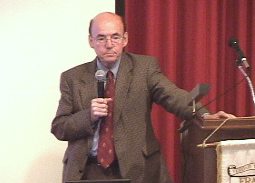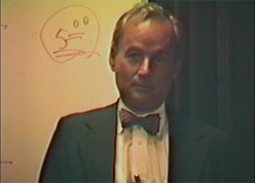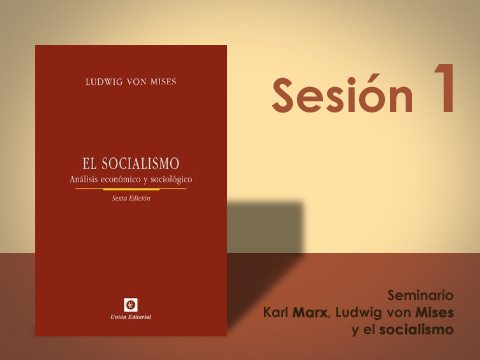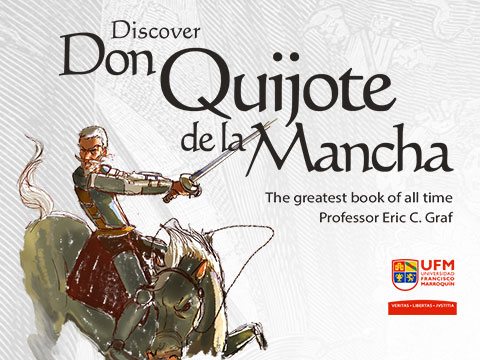About this videoRalph Anske talks about Thomas Jefferson and Alexander Hamilton, two important men who would later become Founding Fathers. He explains that while Thomas Jefferson considered an ideal society to consist of a small manageable government, Alexander Hamilton believed that a large government was imperative for the consequent development of a country. Hamilton was also a firm believer of a society based upon industrialization, which would eventually lead to progress. Hamilton’s importance lies in the fact that he was a self-made man, who came into the political field through his own effort. By means of his intelligence and sharpness, he began a close relationship with George Washington during the American Revolution. During the conference, Anske also discusses the importance of the Articles of Confederation and how the constitutional conventions that took place affected several states. |
|
CreditsThe Founding Fathers: Colonial and Early National America (Day 4, Part II)
| |











